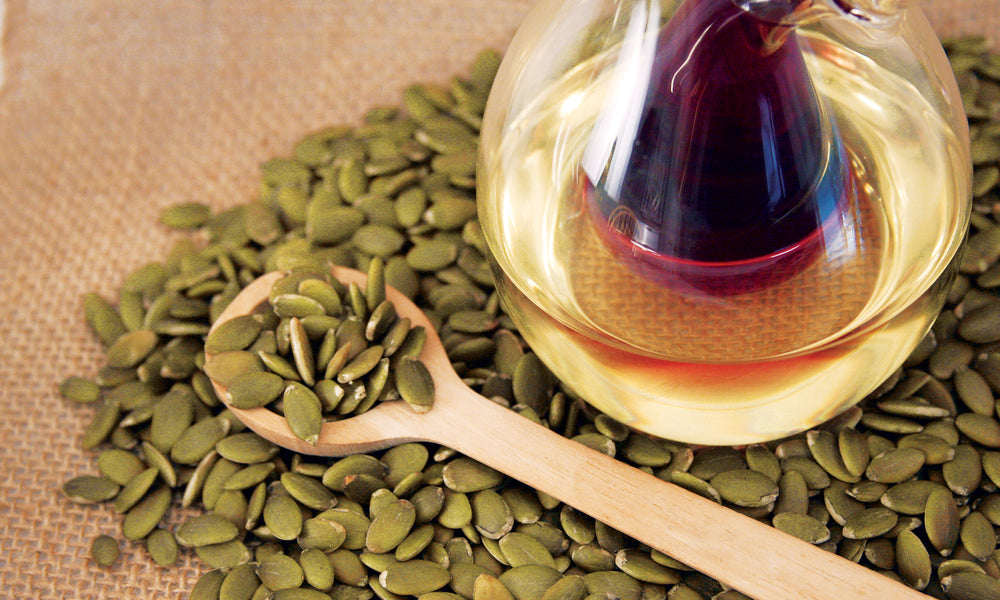Register
or Sign in
Seed and nut oils
- Food For Sale
Seed and nut oils
Seed and nut oils are a necessary culinary ingredient. It adds fat for browning and for consistency. Furthermore, many seed and nut oils add flavour to the food. Oils deriving from nuts and seeds are healthy. For example, olive oil is high in monounsaturated fats. Whereas palm and coconut oils have the highest levels of saturated fats. Sunflower seeds and peanuts stand out for its oil quality. Particularly for their high oil content. Thus far, oil content of babassu kernels, hazelnuts, Brazil nuts, and pecan nuts contain more than 60 percent.
Although there are general purpose oils, these are normally divided into cooking oils that are neural in flavour and withstand heat. Seasoning oils are best to use to flavouring uncooked dishes like salads. So, cooking oils include soybean and corn oils. Walnut and hazelnut can be heated; however most people use it as a seasoning oils.
Flavouring oils
Seed and nut oils are common to use as a flavouring for cold food. It is also added to hot foods in the last minute before serving. They make superb salad dressings, marinades and vegetable seasonings. These include Asian sesame seeds, pumpkin seeds, walnut and hazelnut oils. Cold pressed peanut and pine seed oils work well for seasoning your favourite dishes.
These oils are flavoursome on its own. They should be used sparingly because they can become overpowering with flavour. Furthermore, use it in combination with a neutral oil like sunflower oil. You may use much the same as a pat of butter to flavour cooked dishes. Toss boiled or steamed green beans with walnut oil before serving. Choose oils with distinct taste and flavour to enhance particular dishes. They are normally overpowering to use for general purpose cooking. These oils tend to be expensive if not blended.
Reputation
People have given bad reputation to seeds oils from plants such as canola and sunflower. There isn’t enough evidence to say for sure that seed oils are toxic or harmful. Therefore these claims are not really true. Seed oils can be part of a balanced diet when using in small amounts. Oils are meant to be used in small quantities. They contain essential omega-3 and omega-6 fatty acids. Thus far, dietary guidelines recommend taking about 2 tablespoon of oil daily as part of a 2000 calorie diet. Good choices of oil are extra virgin olive oil, avocado oil, and seed oils with omega-3 fats.
You are perhaps familiar with seed oils if you stir-fry your vegetables in sunflower oil and drizzle a ribbon oil canola oil on salad greens. Culinary oils are made from pressed seeds. They naturally have a variety of fatty acids.
Seed oil
Seed oil is an umbrella term for oils made from seeds. These include cottonseed, sunflower, canola, safflower and grapeseed. However, often the term includes other vegetable oils such as soybean and corn oil. These don’t come from seeds. Since they share similar characteristics, they are normally grouped all together. These oils are extracted from vegetables and made into oil. Then they are used to cook food and industrial food manufacturing. So, it’s the latter than causes most problems.All seed oils are 100 percent fat. They are created by blending different fatty acids. These are classified as monounsaturated fatty acids and saturated fatty acids. Each type contains a different combination of fatty acids. Therefore, the health value of oil may depend on the type of fatty acids it may contain.



